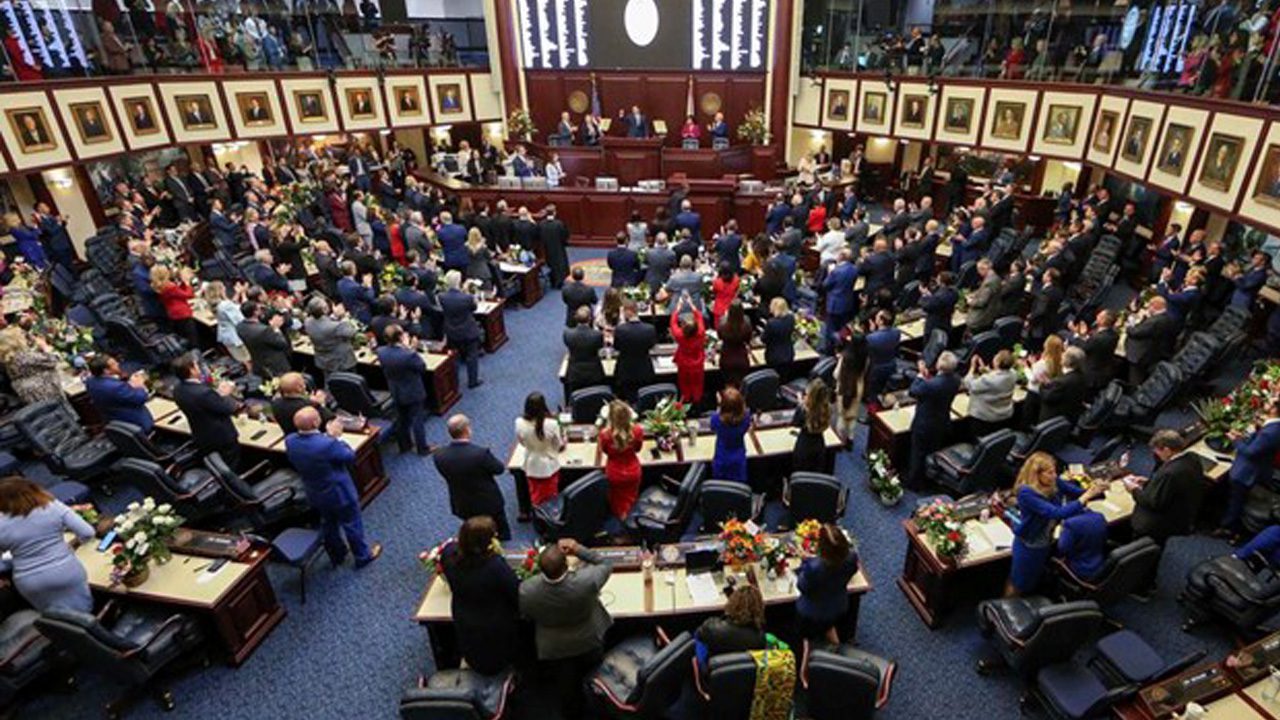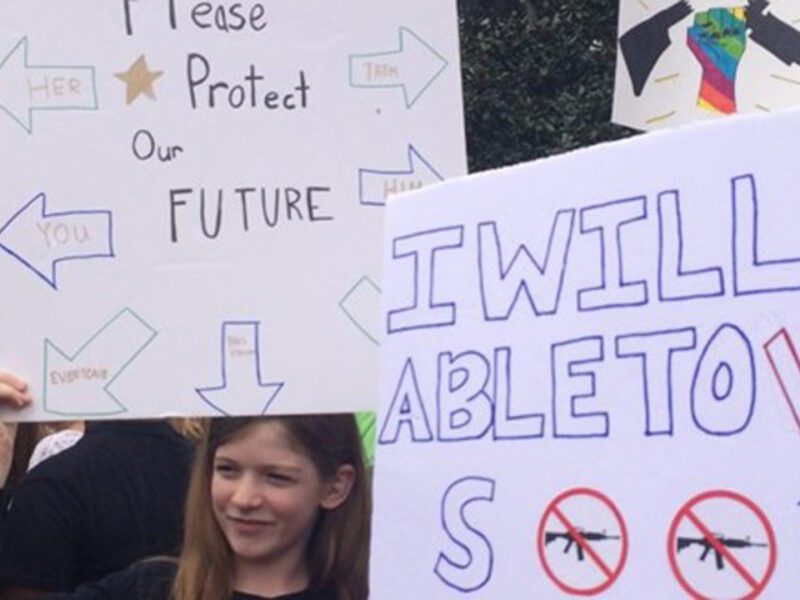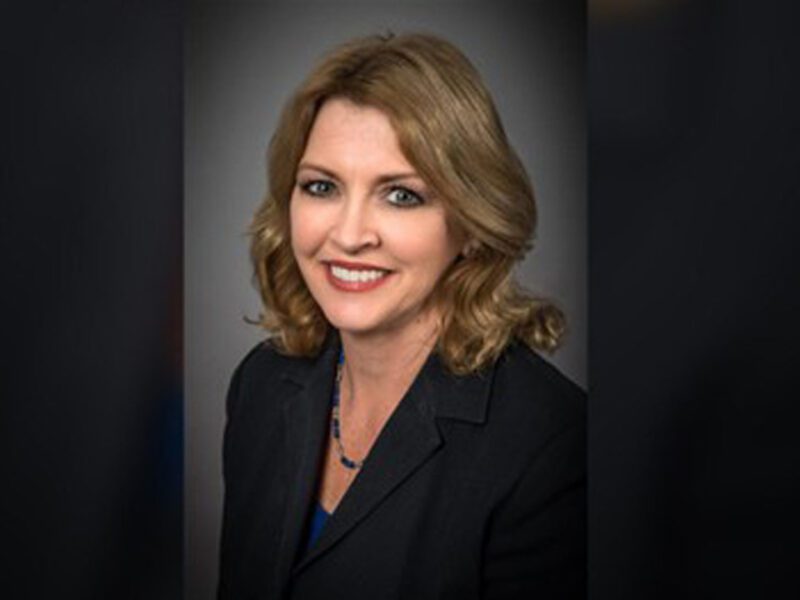
Florida lawmakers propose limits on school voucher purchases
The move comes in response to concerns that taxpayer money was going to non-educational equipment.
Tampa Bay Times | By Jeffrey S. Solochek | January 18, 2024
Florida lawmakers are proposing limits on how school voucher money can be spent, prompted by concerns that families might use the funds on items not directly tied to education.
State Rep. Josie Tomkow, a Polk City Republican, has called for restricting the purchase of materials to only expenses associated with language arts and reading, mathematics, social studies and science courses. She did so as part of an 85-page bill (HB 1403) aimed at refining the state’s 2023 voucher expansion, which made every Florida child eligible for an education savings account regardless of family income.
Current guidelines for using the money allow families to buy equipment that could be considered extravagant for a state-funded program.
The Tampa Bay Times reported in September that the guidelines, revised last year, allowed voucher money to be spent on items such as TVs, kayaks, theme park tickets, game consoles and treadmills. Some parents of children with special needs worried that such expenses could reduce the amount of funding available for critical services.

“We all have gotten a lot of comments and concerns and emails and calls,” Tomkow said Wednesday, while discussing the legislation with the House PreK-12 Appropriations Subcommittee, which she chairs. “We have a responsibility to balance the needs of our students as well as be fiscal stewards of the dollars we spend.”
The bill provision generated some consternation among an unlikely coalition of Democrats who opposed last year’s voucher expansion and homeschool advocates who cheered the availability of added money to support interested families’ education choices.
Rep. Lavon Bracy Davis, D-Ocoee, suggested restrictions on the materials purchases could hurt some children’s access to enrichment programs.
“Does this provide equity for lower-income families who struggle to afford equipment for fine arts … and physical education?” Bracy Davis asked Tomkow.
Brenda Dickenson of the Home Education Foundation testified that the proposal would leave many families receiving a voucher for homeschooling at a disadvantage. A large percentage of them live on a single income, she said.
“We want equity in spending for our parents,” Dickenson said. “If they can’t get the equipment they need to take the classes or to take lessons, then they are not going to be able to fully participate in the scholarship.”
Tomkow explained that the cost of music, physical education and other enrichment lessons would remain an eligible expense. But just as public schools do not purchase musical instruments and sports equipment for students to own, she added, the voucher should not cover such costs for families in private or home education.
“We’re not saying they can’t have those same opportunities,” Tomkow said. “What we are saying is, we are trying to make sure that we are focused on what is instructional material that is going to be these core subjects for those students.”
Microscopes and goggles for science courses would be acceptable, for instance, she said.
She also stressed that the restrictions would not be placed as strictly on families that receive vouchers for students with special needs.
“We understand that those children need different things than your typical student, so we want to make sure that parents are a part of that process,” Tomkow said.
The bill would have parents work with the Florida Center for Students with Unique Abilities at the University of Central Florida to develop purchasing guidelines for authorized uses by July, and revise the list annually.
State Rep. Kiyan Michael, R-Jacksonville, noted that lawmakers are trying to craft rules that allow for maximum school choice and protect taxpayers’ interests. “It’s a fine line to walk,” Michael said.
The panel unanimously advanced the bill to its third and final committee stop, while suggesting that some additional work on the language might be considered. It’s one of several measures aiming to refine and revise voucher programs that are moving through the Legislature.





